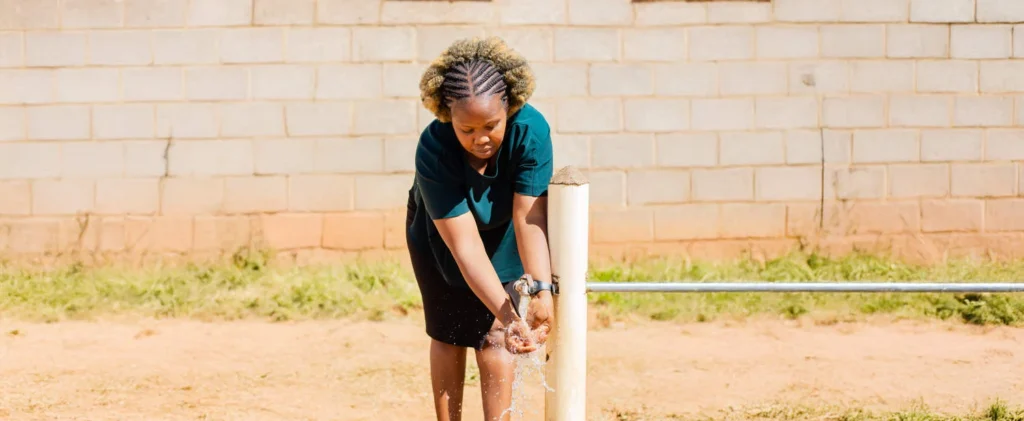In its commitment to improving the quality of life for its citizens, Lesotho has made significant progress in the fight against the scarcity of clean water with the Rural Water Supply and Sanitation Project. Supported by the African Development Bank, this program has transformed the reality of many rural communities that once considered access to water an unattainable luxury.
Financial opportunities for agricultural entrepreneurs: $500 Million to innovate
Although water represents 30% of the national GDP, thousands of Basotho people suffered daily from the lack of this vital resource. Before the intervention, in districts like Maseru and Berea, women and girls would walk over a kilometer to collect water from unsafe sources, exposing themselves to health and security risks. “Water is life; when there is no water, it’s as if there are no people living,” recalls ‘Masechefo Sechefo, community counselor. The crisis also affected schools, where students had to sacrifice hours of learning to fetch water, while diarrheal diseases spread due to the consumption of contaminated water.
To reverse this situation, the government of Lesotho implemented an ambitious infrastructure plan that included 190 kilometers of pipelines, reservoirs with a capacity of 3.48 million liters, and 166 public access points, benefiting over 28,000 people. In addition, 266 sanitary facilities were built for vulnerable households and 284 bathrooms in schools and health centers. “When the water came, it was like our birthday,” says a delighted Sello Matlali, principal of Sekete Primary School, where access to water has increased school enrollment and reduced diseases.
The impact of the project goes beyond infrastructure. During construction, residents of the beneficiary communities were employed, providing immediate income and economic opportunities. Furthermore, since 2019, Lesotho has strengthened its climate resilience through the conservation of water basins and forests, ensuring the sustainability of the resource for future generations. “Access to water has improved hygiene and general well-being,” highlights Mamosili Kikine, technical advisor for the project.
With the celebration of World Water Day on March 22, Lesotho reaffirms its commitment to responsible water management. “Without water, there is no life. Water scarcity is death,” emphasizes Matlali. Beyond the pipelines and reservoirs, the country has transformed the lives of its citizens, turning them into guardians of this essential resource and ensuring a more prosperous and healthy future.
